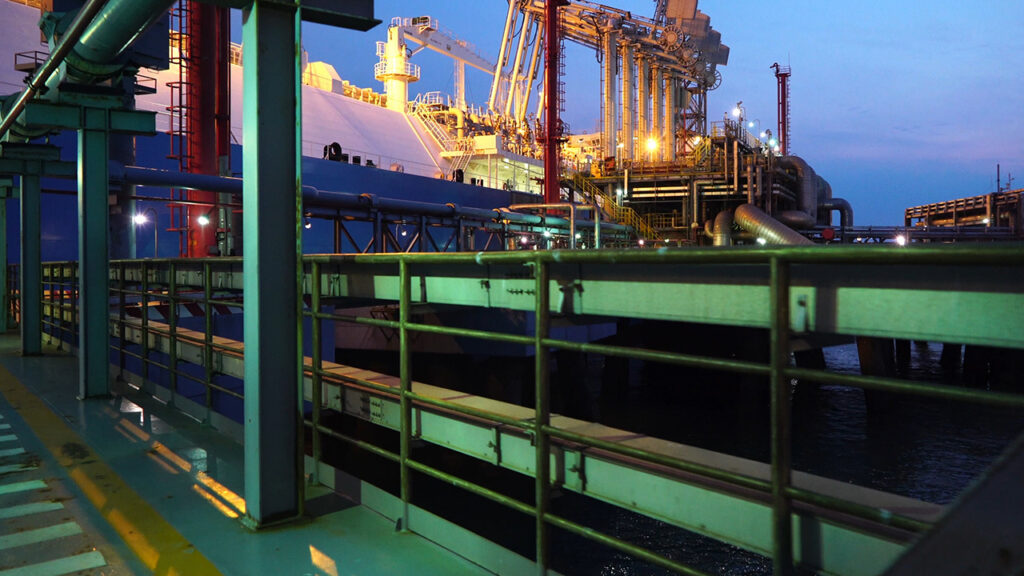Advantage Liens
Advantage Liens? This article first appeared in the June 2012 issue of Port Strategy and is reproduced with their kind permission. www.portstrategy.com.
The last twelve months have seen liens become a “buzzword” in the maritime industry. With retailers, supply chain managers and ship operators feeling the economic pinch, their service providers are increasingly having to take the difficult decision as to whether they need to take steps to secure any outstanding debts. However, doing so by way of a lien can often raise the stakes. Although a lien is traditionally viewed as a self-help remedy, it can cause more problems and potential liabilities than the debt being secured.
A recent decision of the English High Court has clarified the extent of a freight forwarders’ lien and has also given some much needed protection to the freight forwarder seeking to exercise a lien (see Re La Senza [2012]). Arguably, the Chancellor of the High Court’s decision will assist those in the ports and terminals sector when exercising a lien, but the nature of the business makes the practicality of exercising a lien very different.
The standard terms and conditions of ports and terminal operators (“Operators”) may allow them to exercise a lien in order to secure an outstanding debt due from a customer. In practice, however, liens are a difficult beast to manage and, when doing so, a well thought out strategy needs to be implemented. This article takes a look at different forms of lien available under English law, how they may be exercised and other potential means of securing payment of outstanding debts.
The particular lien
A particular lien is the most basic type of lien commonly used. It seeks to allow an unpaid Operator to exercise a lien over containers, trailers and cargoes (“Goods”) for the debts due in respect of those Goods only. However, unless the Operator is contracting on payment of charges against delivery, or terms of credit have been rescinded, handled Goods are often delivered to the consignee or shipping line before payment of terminal charges becomes due. Once Goods have been delivered to the consignee or shipping line, the lien is extinguished.
A particular lien also has a fairly obvious shortfall in that it cannot be used to recover debts due in respect of services or liabilities in relation to other Goods. For the Operator who handles many shipments for a single customer every month, this may represent only a fraction of the debt due and would not cover other potential debts and liabilities, for example, property damage.
The general lien
A general lien is a more versatile lien and, when used properly, can put an unpaid Operator in a very strong negotiating position vis-à-vis a debtor. A well drafted general lien clause in a service contract might even allow an Operator to secure non-debt related liabilities and debts owed to other group companies. A general lien seeks to allow a lien to be exercised over Goods in respect of any unpaid debts. Accordingly, pursuant to a general lien, a shipping line may face the prospect of having Goods withheld from delivery in order to satisfy a demand for payment of a debt that is far in excess of the value of the Goods being withheld. The shipping line then must pay the full debt in order for the Goods to be released.
Exercising a lien – risks and protections
Prior to exercising a lien, an Operator should ensure that they are entitled to do so or that they at least have an arguably strong case. Where the shipping line or owner of the Goods considers that a lien is unlawful, they can apply to the court for delivery up of the Goods and can potentially claim against the Operator for conversion. For example, an Operator might be able to exercise a general lien over Goods in their possession being carried by a shipping line. However, the owner of the cargo inside the containers or trailers would arguably not be bound by a general lien clause and would therefore have the right to delivery of the cargo. This could potentially place the Operator in a position where it could face a claim for conversion from the owner of the cargo if the Operator failed to release the goods upon demand. Additional problems arise when exercising a lien against a customer in financial difficulty as third parties may also make a claim to the Goods and threaten court proceedings if the Goods are not released to them.
The ability of an Operator to properly enforce a lien without facing a claim for damages is further complicated by the possibility that the Operator’s standard trading conditions, containing the lien clause, may not have been properly incorporated into the contract between the Operator and its customers. For an Operator to rely upon its standard trading conditions, the burden of proof is on it to demonstrate effective incorporation at, or before, the time of the contract. Standard trading conditions may be effectively incorporated by signature of the customer, adequate notice, reference or reliance upon a consistent prior course of dealings between the parties.
For the Operator, the risk of potential claims can make exercising a lien more trouble than it is worth. However, there are ways the Operator can protect itself. For example, the English court has held that a party exercising a lien is entitled to a reasonable period to review any documents provided by the claiming parties in order to form a view as to who has title to the Goods and to which party the Goods should be released. However, when faced with competing claims for Goods from multiple parties, an Operator is often not in a position to form a view as to who has title. Given that releasing the goods to the wrong party could result in a claim for conversion and potentially damages, many Operators will require further protection.
Operators seeking further protection often receive an indemnity from the party to whom it releases the Goods. The indemnity usually covers the full value of the Goods as well as the costs of defending any claims that the Operator might face as a result of releasing the Goods. Parties are often reluctant to provide such indemnities, despite being adamant that they are entitled to delivery of the Goods. Helpfully, the English High Court in Re La Senza held that an Operator is entitled to receive an indemnity when releasing Goods that are subject to competing claims.
If there are grounds to challenge whether the Operator is entitled to exercise a lien, the courts will often order that the Goods are delivered, subject to the owner of the Goods providing suitable security for the unpaid debts. For example, the owner is often required to give an undertaking to the court or to make a payment into court. If the matters are not resolved, the court will be asked to consider the validity of the lien and, if it considers that the Operator was not entitled to exercise the lien, the court may find the Operator guilty of conversion. This could lead to a possible claim for damages from the shipping line or owner of the Goods.
In light of the risk associated with exercising a lien, a cautious Operator may be well advised to apply to the court for permission to enforce its lien before taking action. This would help ensure that no nasty surprises arise at a later date. Another solution may be to engage the debtor in commercial negotiations in an attempt to satisfy the lien without engaging the courts.
Summary
Particular liens are probably of little value to an Operator handling several hundred TEUs a day, especially where none of those containers are the subject of the outstanding debt. A general lien, however, can be a much more effective tool in securing outstanding debt. However, it does come with its own limitations and risks, particularly from a potential liability point of view. As discussed, an Operator seeking to exercise a lien needs to have a well thought out strategy considering all of the potential permutations of its actions, and a resolve to see the matter through potentially difficult commercial negotiations to a successful conclusion.
Despite the risks, liens can be of huge assistance to Operators. A well drafted lien clause in an Operator’s standard trading conditions can help secure debts due not just to a specific terminal, but to its terminals worldwide, group and subsidiary companies, and in respect of debt and liabilities ranging far wider than traditional terminal services.







-1024x576.jpg)



